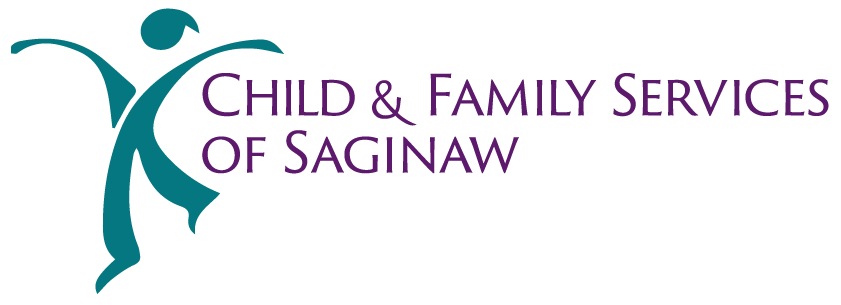First of all it is important to understand that anger is normal and part of life. It is a common emotion among all people, regardless of their age. Anger is an emotion that, like the rest, has a place in the right side of the brain. When suppressed or held in it doesn’t get to the left side of the brain where it can be let out through conversation and it can be unhealthy.
Negative Anger
Anger, when not properly addressed, can grow out of control. Many kids who don’t have any control over their emotions might throw temper tantrums or scream or cry. This can in turn cause parents’ anger to grow and create a worse situation where no one expresses their emotions in a healthy way. Anger can also lead to violence, as kids often lash out, and in adults this violence can be even worse and far more dangerous.
Educate Yourself and Your Children
Before you can help your kids it is important to understand and control your own emotions. Important questions to ask when you or your child are angry are: “How do I react when I get angry?”, “How do I feel when I am angry?”, and “How can I better relate my feelings and fix the issue?” It is additionally important to talk about the incident together and work it out before moving on.
Don’t Suppress it
Expressing emotions is a skill that like all others must be learned. Parents need to focus on training their kids to express anger in a healthy and controlled way instead of trying to suppress anger altogether. It is very important to talk about anger and emotions. It is also very healthy, and parents have a great opportunity to help this process and improve those skills that are necessary to be angry in a healthy way.
De-escalate the Situation
You can’t control your kids’ emotions, or even force them to have a healthy response. However, it is important not to respond in kind and make it worse. This in no way means to roll over and let their anger control and give in to make it go away. Responding in a similar manner, with an angry tone and harsh words can never help. Instead, stay level-headed, and if needed, back off and remove yourself and them from the situation until you can calmly talk about it. This doesn’t exclude punishment for bad actions either, just leave those for later after both parties can calm down and handle the situation maturely.
Example
Your child is angry about their Ice Cream which has fallen off of the cone.
Negative Responses:
The parent yells at their child for being careless. OR the parent buys the child a new ice cream cone to stop their anger.
Positive Responses:
The parent kneels to meet their child and addresses the fact that accidents happen, and although it is sad there will be many more opportunities to get ice cream and that it is not a big deal overall. They could even mention something else to look forward to in order to distract them such as an upcoming meal or the next time they can get ice cream.
Remember, anger is normal and not necessarily bad, as long as it is dealt with in a healthy manner and it
is practiced and influenced from childhood.

